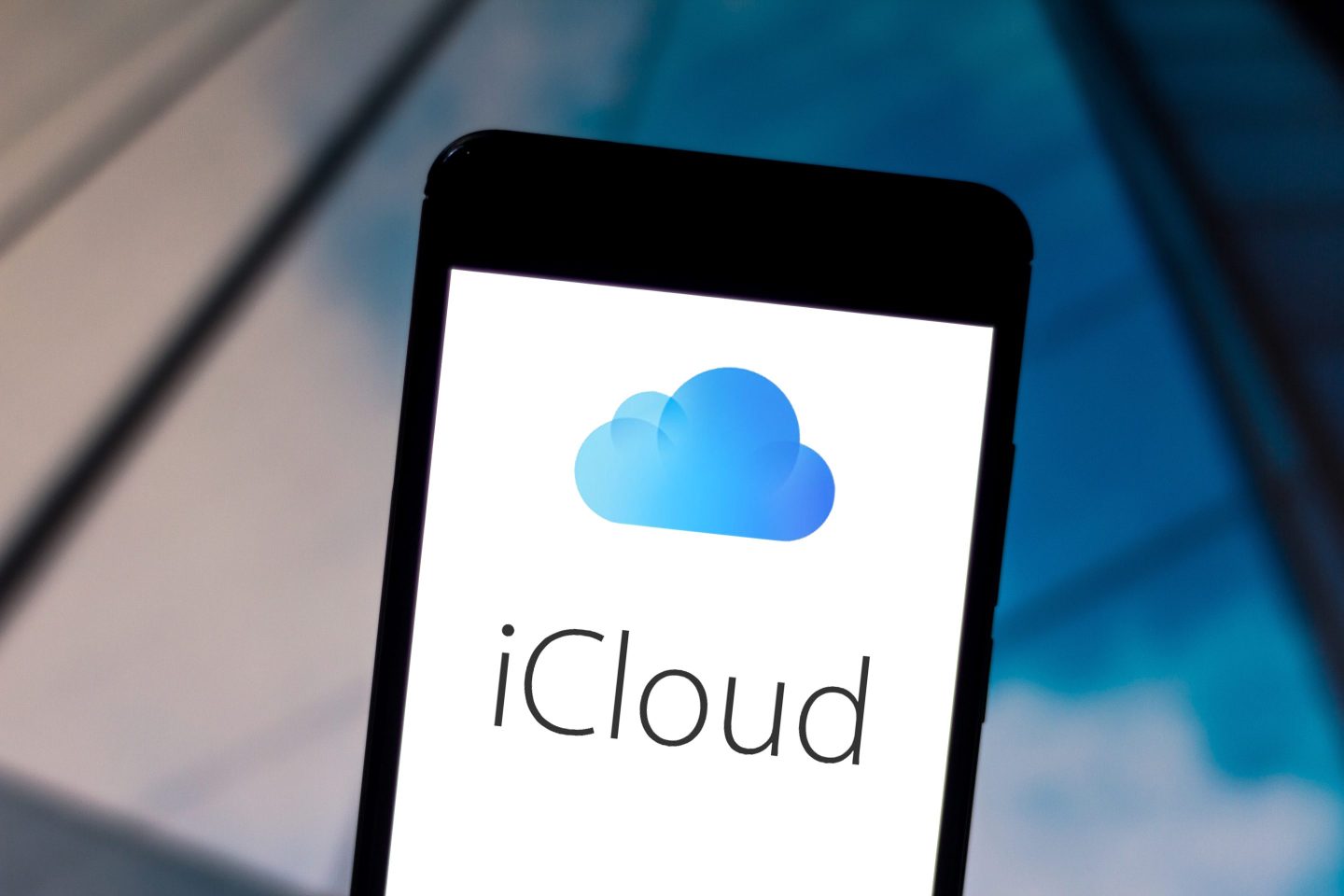Good morning. If you’re old-ish like me, you’ll probably remember the default ringtone that Nokia’s cellphones used in the 1990s and 2000s.
But did you know that it was so ubiquitous that birds started singing it? That’s one fun nugget I learned from this Guardian piece on Nokia’s cultural impact, which will next month be recognized with the online opening of Nokia’s design archive.
I can’t wait. But in the meantime, Fortune Brainstorm AI continues today, and there’s a livestream to watch. On which note, check out the piece I just did on neurosymbolic AI, which may turn out to be the way to solve generative AI’s reliability problem. —David Meyer
Want to send thoughts or suggestions to Data Sheet? Drop a line here.
Apple CSAM suit

Apple has been hit by a new class-action lawsuit that could cost it more than $1.2 billion if successful (though it could fall foul of Fourth Amendment protections.)
The suit was filed Saturday by victims of child sexual abuse, who say Apple broke its promise to protect such people when it abandoned a tool that could scan users’ iCloud folders for child sexual abuse material (CSAM).
Apple announced the NeuralHash tool in 2021 but killed it by the end of the following year, due to massive pushback from cybersecurity experts and digital rights activists, who pointed out that such a mechanism was ripe for official abuse.
As the New York Times reports, Apple has long reported less CSAM on its platform than its peers have. When dropping the scanning tool—which created digital signatures of someone’s iCloud files, to compare against those of known CSAM images—the company said going down that route almost necessarily meant “imperiling the security and privacy of our users.”
This is the second lawsuit in recent months that target Apple’s reluctance to scan its cloud storage service for CSAM. Apple maintains that it is “urgently and actively innovating to combat these crimes without compromising the security and privacy of all our users.”
Trump 2 gets moving
The second Trump administration hasn’t arrived yet—technically speaking—but it’s already making its presence felt.
According to a report in The Information, the president-elect’s transition team has set up a meeting in the coming days with Google, Microsoft, Meta, Snap and TikTok, to discuss issues around online drug sales.
Meta is reportedly already under federal investigation over possible illegal drug sales on Facebook and its other platforms.
During his campaign, President-elect Trump made much of the flow of fentanyl into the U.S., and he has made the issue the basis of tariff threats against America’s neighbors, Canada and Mexico.
Europe smiles at Musk
Henna Virkkunen, the European Union’s new digital policy chief, does not seem keen on maintaining her predecessor’s long-running spat with X owner Elon Musk.
France’s Thierry Breton had repeatedly and publicly threatened Musk with sanctions over X’s alleged breaking of the EU’s new Digital Services Act, a rulebook governing online content—specific issues include X’s “deceptive” blue checkmark of authenticity and its lack of transparency around advertising.
That standoff resulted in Musk memorably addressing a Tropic Thunder meme at Breton, suggesting that he do something unmentionable with his own face.
Virkkunen, who as a member of the European Parliament played a major role in getting the DSA through the legislative process, insisted in a Financial Times interview that there would be nothing “personal” in how she enforces the law.
“This is about online platforms and they will have equal treatment because everybody has to follow our rules,” she said.
Google resists federal supervision
Google has sued to stop the U.S. Consumer Financial Protection Bureau placing its payment arm under federal supervision.
The CFPB—which is probably about to have its wings clipped under Trump 2—on Friday published an order saying it had authority over Google Payment Corp.
This was a formal measure that, the agency stressed, did not mean Google had done anything wrong. Rather, it meant there was a risk to customers; some people complained that Google didn’t do enough to investigate erroneous transactions and prevent fraud.
Google says this is all about its Google Pay peer-to-peer payments app, which it pulled from the U.S. earlier this year. Hence, it’s alleging government overreach in the new CFPB order.
Russia buys U.S. chips
Suppliers to the Russian military don’t seem to be having much trouble getting their hands on chips from the U.S.’s Texas Instruments, according to a new Bloomberg feature.
The chips, which find their way into the weaponry that Russia uses in its assault on Ukraine, are apparently available on the portals of Russian distributors, which users in Western countries can’t access.
Bloomberg reports that the websites seemingly gather information about the chips through unauthorized use of the API for TI’s online shop—when customers find what they want, they order it and the distributor finds a way to route the order through Hong Kong or other countries.
TI insists that it screens companies before giving them access to its API, and tries to block Russian users from accessing its website in any way.
More data
—What David Sacks as AI Czar (and Elon Musk as wingman) could mean for OpenAI. Probably not good things.
—X helps update Kids Online Safety Act in final push for passage in the Republican-led House. Get used to X influence.
—Advanced AI chips cleared for export to UAE under Microsoft deal. Redmond’s G42 pact gets green light.
—Itch.io went offline due to a ‘trash AI-powered’ phishing report. Funko (as in Pops) apparently nukes indie game storefront.
—It’s a Raspberry Pi 5 in a keyboard, and it’s called the Raspberry Pi 500. $90? Sold.











